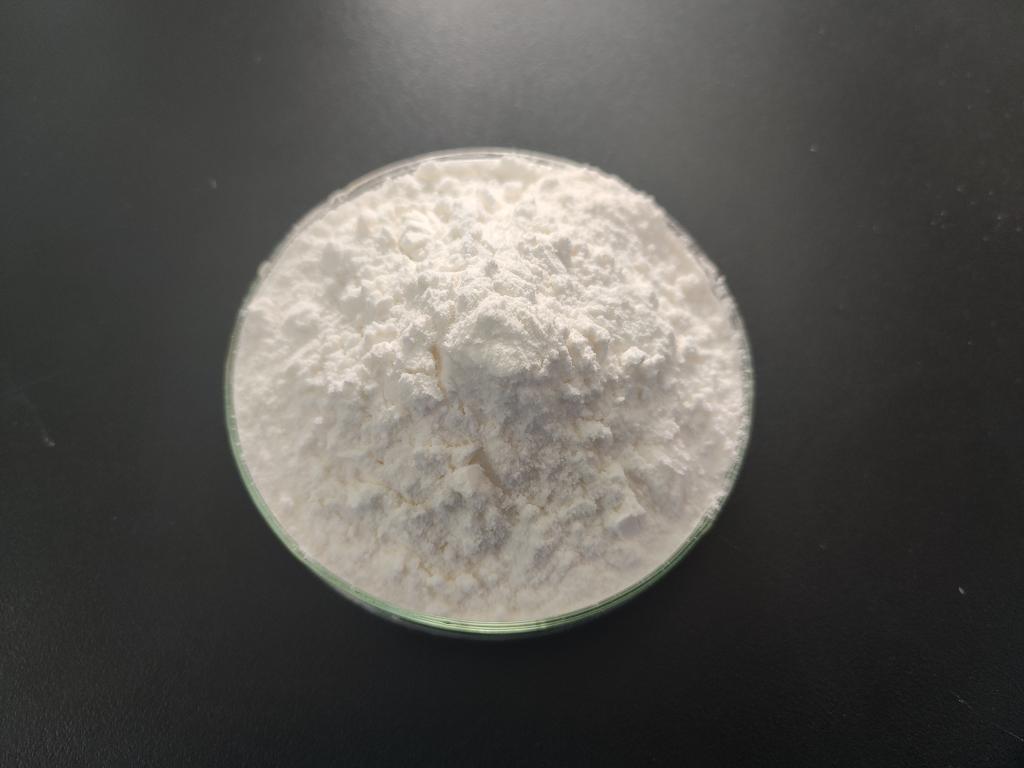Tel:+8618231198596

News
 CONTACT
CONTACT
 CONTACT
CONTACT
- Linkman:Linda Yao
- Tel: +8618231198596
- Email:linda.yao@dcpharma.cn
- Linkman:CHARLES.WANG
- Department:Overseas
- Tel: 0086 0311-85537378 0086 0311-85539701
News
ε-Polylysine hydrochloride as a potential therapeutic agent against microbial infections.
TIME:2024-05-10
Antimicrobial Properties of ε-PL-HCl:
ε-PL-HCl exhibits potent antimicrobial activity against a wide range of microbial pathogens, including bacteria, fungi, and viruses. Its efficacy extends to both Gram-positive and Gram-negative bacteria, making it a versatile antimicrobial agent. ε-PL-HCl's ability to disrupt microbial cell membranes and inhibit essential cellular processes contributes to its antimicrobial activity. Furthermore, ε-PL-HCl has demonstrated low toxicity and minimal propensity for inducing microbial resistance, making it an attractive candidate for therapeutic use.
Mechanisms of Action:
The antimicrobial activity of ε-PL-HCl is mediated primarily through its interaction with microbial cell membranes. As a cationic peptide, ε-PL-HCl binds to negatively charged components of microbial cell membranes, such as lipopolysaccharides in Gram-negative bacteria and teichoic acids in Gram-positive bacteria. This interaction disrupts membrane integrity, leading to leakage of intracellular contents and ultimately microbial cell death. Additionally, ε-PL-HCl may interfere with essential cellular processes, such as DNA replication and protein synthesis, further contributing to its antimicrobial effects.
Therapeutic Applications:
ε-PL-HCl holds promise for therapeutic applications in the treatment of various microbial infections, including bacterial infections, fungal infections, and viral infections. Clinical studies have demonstrated its efficacy in treating skin and soft tissue infections, urinary tract infections, and respiratory tract infections. Furthermore, ε-PL-HCl has shown potential as an adjunctive therapy in combination with conventional antibiotics, enhancing antimicrobial efficacy and reducing the risk of resistance development.
Current Research and Future Prospects:
Recent research has focused on optimizing ε-PL-HCl formulations, exploring novel delivery systems, and elucidating its mechanisms of action against specific microbial pathogens. Future research efforts should focus on conducting clinical trials to evaluate the safety and efficacy of ε-PL-HCl in different patient populations and infection settings. Furthermore, efforts to develop ε-PL-HCl-based combination therapies and explore its potential synergistic effects with other antimicrobial agents are warranted.
Conclusion:
ε-Polylysine hydrochloride represents a promising therapeutic agent against microbial infections, offering potent antimicrobial activity, low toxicity, and minimal propensity for inducing resistance. Its broad-spectrum efficacy and versatile antimicrobial mechanisms make it a valuable addition to the armamentarium of antimicrobial agents. Continued research and clinical evaluation are essential to fully realize the therapeutic potential of ε-PL-HCl and address the global challenge of antimicrobial resistance.
- Tel:+8618231198596
- Whatsapp:18231198596
- Chat With Skype







